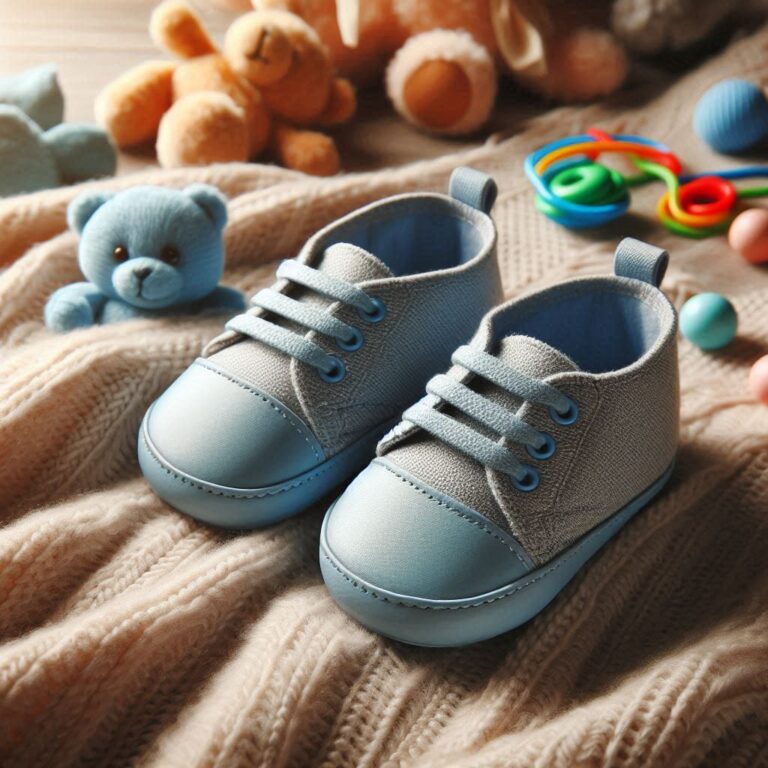A baby’s skin is incredibly delicate and requires special care to stay healthy and irritation-free. Understanding how to care for your baby’s skin properly will prevent dryness, rashes, and other skin concerns. In this guide, we’ll cover everything from choosing the right skincare products to effective home remedies for common baby skin issues.

Understanding Baby Skin
Characteristics of Newborn Skin
- Thinner and more sensitive than adult skin
- Prone to dryness and irritation
- More susceptible to temperature changes
- Lacks fully developed oil glands
Common Baby Skin Concerns
- Diaper rash
- Baby acne
- Cradle cap
- Eczema
- Heat rash
Choosing the Right Baby Skincare Products
Ingredients to Look For
- Hypoallergenic and fragrance-free
- Natural oils (coconut, almond, shea butter)
- Mild cleansers
- pH-balanced formulas
Harmful Ingredients to Avoid
- Parabens
- Sulfates
- Artificial fragrances
- Alcohol-based products
Bathing Your Baby Properly
Ideal Water Temperature
- 98-100°F (37-38°C) to match body temperature
Frequency of Baths
- 2-3 times a week for newborns
- Daily baths for older babies if needed
Recommended Baby Soaps
- Mild, tear-free, and fragrance-free soaps
- Soap-free cleansers for extra-sensitive skin
Moisturizing and Hydration
Best Baby Lotions
- Fragrance-free and hypoallergenic
- Cream-based rather than lotion-based for extra moisture
Preventing Dry Skin
- Apply moisturizer after bath
- Use a humidifier in the nursery
Natural Alternatives
- Coconut oil
- Aloe vera gel
- Shea butter
Diaper Rash Prevention and Treatment
Causes of Diaper Rash
- Prolonged exposure to wet diapers
- Friction and chafing
- Sensitivity to wipes or detergents
Effective Treatments
- Frequent diaper changes
- Use of zinc oxide creams
- Allowing diaper-free time
Best Diapering Practices
- Choose fragrance-free wipes
- Use breathable diapers
Sun Protection for Babies
Safe Sunscreen Use
- For babies older than 6 months, use SPF 30+ mineral-based sunscreen
Protective Clothing
- Lightweight, long-sleeved clothing
- Wide-brimmed hats
Sun Exposure Tips
- Avoid direct sunlight between 10 AM and 4 PM
- Use stroller sunshades
Managing Baby Eczema and Sensitive Skin
Signs of Eczema
- Red, itchy patches
- Dry, scaly skin
Home Remedies
- Oatmeal baths
- Regular moisturizing
Medical Treatments
- Prescription creams
- Allergy testing if needed
Clothing and Fabric Choices
Best Materials for Baby Skin
- Organic cotton
- Bamboo fabrics
Avoiding Skin Irritants
- No harsh detergents
- Wash new clothes before wearing
Nutrition for Healthy Baby Skin
Foods That Promote Skin Health
- Avocados (healthy fats)
- Carrots (vitamin A)
- Blueberries (antioxidants)
Conclusion
Caring for your baby’s skin doesn’t have to be complicated. By following these tips, using gentle products, and keeping your baby’s skin moisturized, you can prevent common issues and ensure their skin remains soft and healthy.



